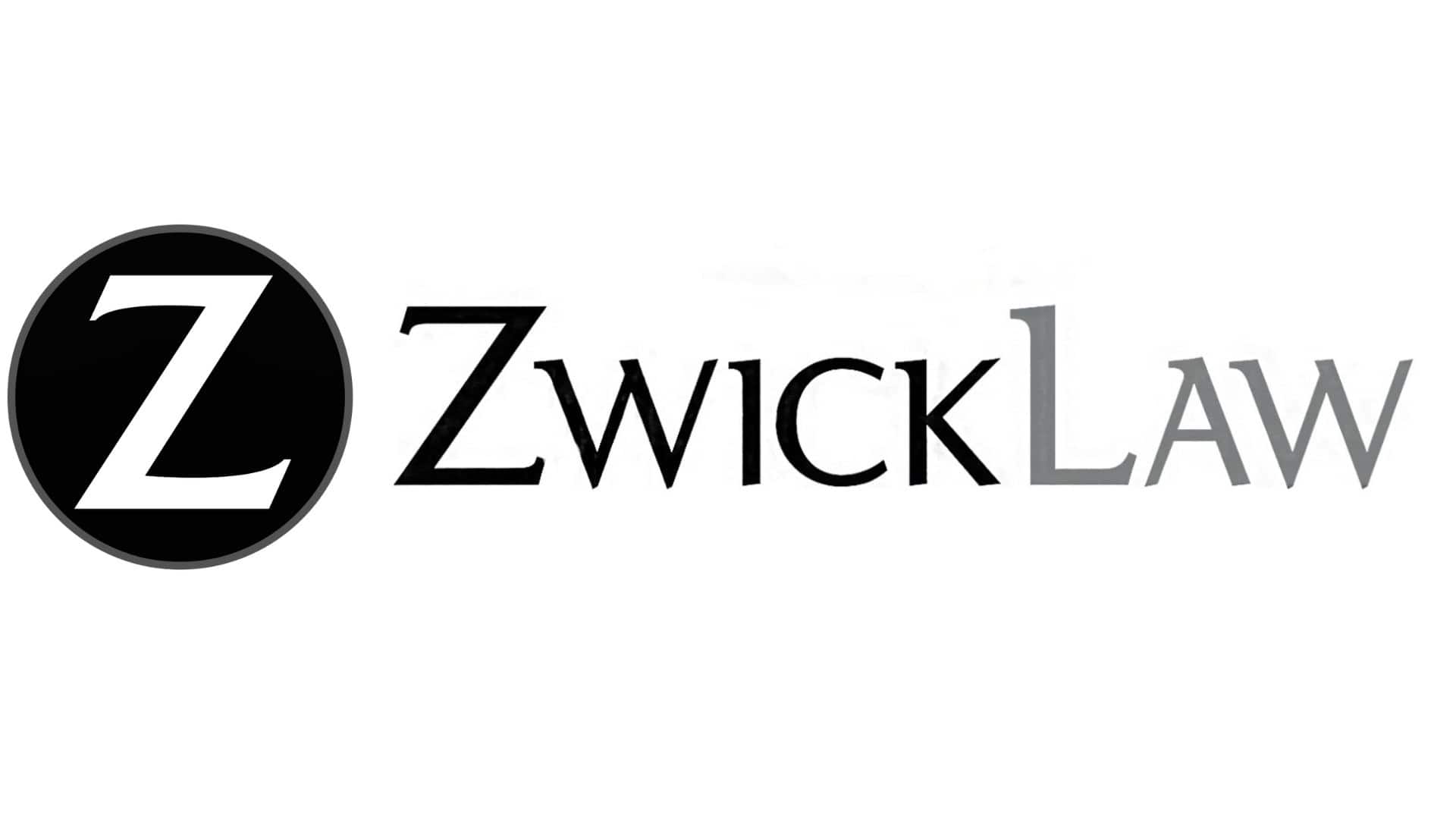The Importance of Estate Planning in Pennsylvania
Estate planning — and finding the right estate planning attorney for you — is essential to ensure your assets are distributed as you wish, while minimizing legal and tax complications and providing peace of mind for you and your family. In Pennsylvania, state-specific laws on inheritance, probate, and taxes make a well-crafted estate plan particularly important. This blog post highlights why estate planning matters for Pennsylvania residents and key steps to get started.
Why Estate Planning Matters
Control Over Your Legacy
Without a will, Pennsylvania’s intestacy laws dictate how your assets are distributed, which may not reflect your preferences. For example, if you’re unmarried with no children, your estate could pass to distant relatives or the state. A will allows you to name beneficiaries, ensuring your assets go to the people or causes you value.
Streamlining the Probate Process
In Pennsylvania, probate is managed by the county Register of Wills and can be time-consuming and costly without proper planning. A clear estate plan, including a well-drafted will, can simplify the process, reducing delays and expenses for your heirs.
Navigating Pennsylvania Inheritance Tax
Pennsylvania levies an inheritance tax on most estates, with rates based on the beneficiary’s relationship to you:
- 0% for spouses and charities
- 4.5% for direct descendants and lineal heirs (children, grandchildren)
- 12% for siblings
- 15% for other heirs
Strategic estate planning, such as gifting during your lifetime or charitable bequests, can help reduce this tax burden, preserving more of your estate for your loved ones.
Protecting Your Family
Estate planning goes beyond finances – it is about caring for those you love. In Pennsylvania, you can designate guardians for minor children or include provisions for dependents with special needs. These steps ensure your family is supported according to your wishes.
Preparing for Incapacity
Estate planning also addresses potential incapacity. Pennsylvania recognizes advance directives, such as:
- Living Wills (Advance Health Care Directives): Specify your medical preferences, if you’re unable to communicate.
- Durable Power of Attorney: Appoints someone to handle your financial and other legal affairs.
These documents ensure your wishes are followed and ease the burden on your family during challenging times.
Key Considerations for Pennsylvania Residents
Understanding State Laws
Pennsylvania has specific estate planning rules. For example, holographic (handwritten) wills are only valid if they meet strict criteria. Consulting an attorneyat ZwickLaw ensures your plan complies with state law and is legally enforceable.
Keeping Your Plan Current
Life events – like marriage, divorce, or the birth of a child – likely require updates to your estate plan. Pennsylvania law may automatically adjust certain provisions (e.g., revoking bequests to an ex-spouse post-divorce), but relying on these defaults can lead to unintended results. Regularly review your plan to keep it aligned with your goals.
Including Digital Assets
Your estate plan should account for digital assets like online accounts or cryptocurrencies. Pennsylvania’s Revised Uniform Fiduciary Access to Digital Assets Act allows you to grant fiduciaries access to these assets, but you must explicitly include them in your plan.
Supporting Charitable Causes
If giving back is important to you, Pennsylvania’s tax exemptions for charitable bequests can maximize your impact. Including charitable gifts in your plan can support your favorite causes while reducing your estate’s tax liability.
Getting Started
Estate planning may feel overwhelming, but it’s a proactive way to secure your legacy. Follow these steps to begin:
- List Your Assets: Include real estate, bank accounts, investments, and personal property.
- Set Your Goals: Decide who should inherit your assets, how to minimize taxes, and any special provisions for loved ones.
- Work with an Estate Planning Attorney: An attorney familiar with Pennsylvania law can help you create a tailored will and other essential documents.
- Communicate Your Wishes: Share your plans with your family to ensure clarity and avoid surprises.
Get Answers to All of Your Questions – Contact Zwick Law
Estate planning is an important, proactive measure to preserve your legacy and ensure your assets stay with and benefit your family after you are gone. When you are ready to create or update your estate plan, consulting with an estate planning and estate administration attorney is highly beneficial. The trusted estate planning attorneys at ZwickLaw are available to help you determine the best ways to distribute your estate and protect your assets long into the future.
For questions relating to your estate planning needs, contact either C.J. Zwick or Matthew R. Zwick at (814) 371-6400. At Zwick Law, we’re always here for you!
*The use of the Internet, Facebook and/or any other form of social media communication with the firm or any individual member of the firm does not establish an attorney-client relationship. Time-sensitive information should be directed immediately to the office of Zwick Law at (814) 371-6400.



